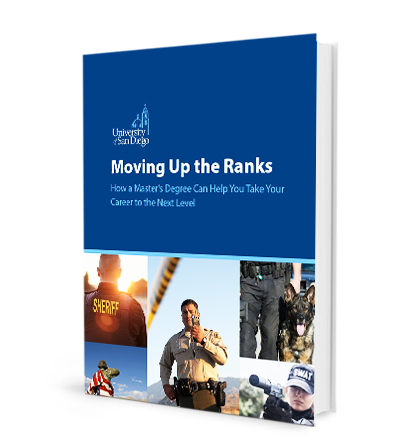Working as a Federal Correctional Officer
Federal correctional officers are in charge of guarding inmates and enforcing regulations at correctional institutions such as jails and prisons, as well as guarding those awaiting trial or being transported, say, from prison to prison or from the courtroom to the prison. Correctional officers may also be required to restrain prisoners during altercations and participate in escape searches.
As such, the job of correctional officer requires physical strength, mental soundness and the ability to make immediate judgments in volatile situations.
Job Outlook for Correctional Officers
Jobs in corrections are plentiful and the need is ongoing. As the Federal Bureau of Prisons (BOP) notes, “Correctional Officers are the largest part of the BOP workforce. All BOP institutions routinely have vacancies for this high demand position.” The BOP classifies the role of correctional officer as an “open-continuous” announcement, meaning that the job is always open to applicants and applicants are able to specify their top two preferred locations.
How To Start a Federal Correctional Officer Career
To work for the Federal Bureau of Prisons as a correctional officer you must meet certain basic requirements:
- 36 years old or younger at the time of your appointment
- Skilled in oral communication, writing and managing human resources
- Possess strong interpersonal skills, organizational awareness and stress tolerance
- U.S. citizen
There are also educational and experiential requirements that differ by grade. Essentially, the higher your education and the more specialized your experience, the higher your pay grade will be.
Education and Experience Requirements by Grade
Grade GS-05
- Have a minimum of a bachelor’s degree from an accredited college or university
-OR-
- Meet certain general or specialized experience requirements.
Grade GS-06
- Have completed 9 semester hours or 14 quarter hours of graduate study from an accredited university in Criminal Justice, Criminology, Social Science, Law, or a related field of study.
-OR-
- Meet certain specialized experience requirements.
While most new officers enter as a GS-05 or a GS-06, depending on your locality, there are a number of additional grades that may be available to those who qualify.
How Much Will You Get Paid as a Federal Correctional Officer?
Pay for correctional officers in the BOP varies depending upon grade and geographical location. Within each pay grade there are 10 steps, each of which represents roughly 3 percent of an employee’s salary. To progress to the next step within a pay grade you must meet certain performance and longevity requirements. For a complete list of pay by grade and region visit OPM.govs salaries and wage page.
Advancement Opportunities for Correctional Officers
As a correctional officer at the BOP, you will have the opportunity to work your way through the grade and step levels to obtain seniority and pay increases. If you’re looking for advancement opportunities, you may consider a case worker position. Case worker positions are typically only open to internal candidates, which is why so many law enforcement professionals use their job as a corrections officer as a stepping stone toward becoming a case manager.
Case managers are typically hired at the GS-09 or GS-11 level and are required to have a high level of education as well as experience within the BOP. According to the BOP, case managers “perform correctional casework in an institutional setting; develop, evaluate, and analyze program needs and other data about inmates; evaluate progress of individual offenders in the institution; coordinate and integrate inmate training programs; develop social histories; evaluate positive and negative aspects in each case situation, and develop release plans.”
There are also a number of specialist positions within the law enforcement division of the BOP that may be attractive to correctional officers. These include drug treatment specialist, recreation specialist, safety compliance specialist, teacher and training instructor.
Degree Options for Prospective Correctional Officers
Education is important for law enforcement professionals looking to start a career as a correctional officer with the Federal Bureau of Prisons, especially when it comes to salary and growth opportunities. Degrees specifically related to criminal justice are the most sought after by the BOP when it comes to evaluating correctional officer candidates. And the higher the degree the better.
Education will not only help establish your pay grade level as a correctional officer, but will also give you the tools and training you’ll need to be successful in such a highly stressful and sometimes volatile work environment. Understanding how to effectively lead, manage, communicate and strategize while thinking critically and effectively negotiating with a diverse group of inmates and co-workers is an essential skillset for federal correctional officers.
Programs like the online Master of Science in Law Enforcement and Public Safety Leadership offered by the University of San Diego can equip corrections officers for career advancement by preparing them with the multi-faceted, skills-based law enforcement education they need to succeed in a federal position. USD’s law enforcement degree examines leadership, management, organizational theory, critical issues, community assessment, budget and finance, public safety law and conflict resolution, in addition to criminal justice topics.




